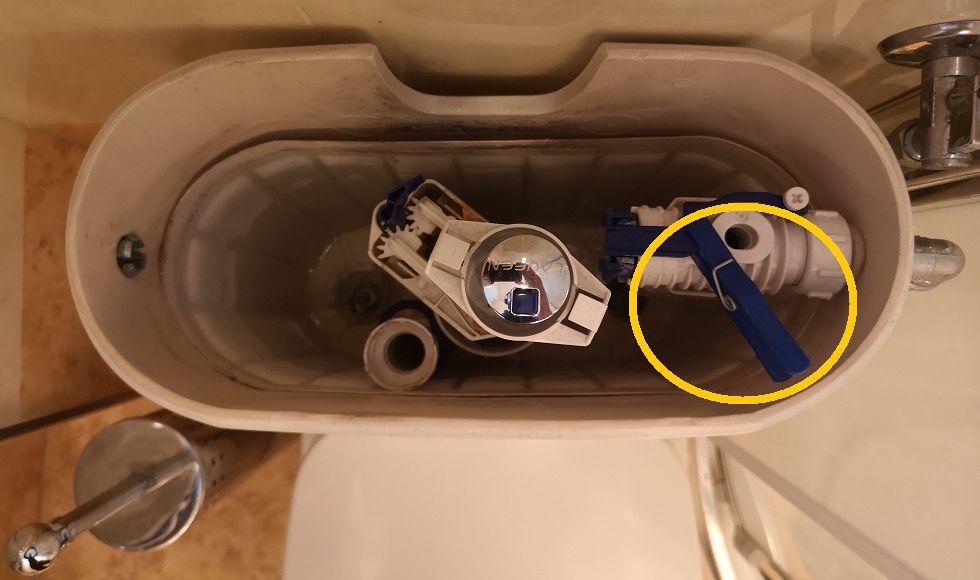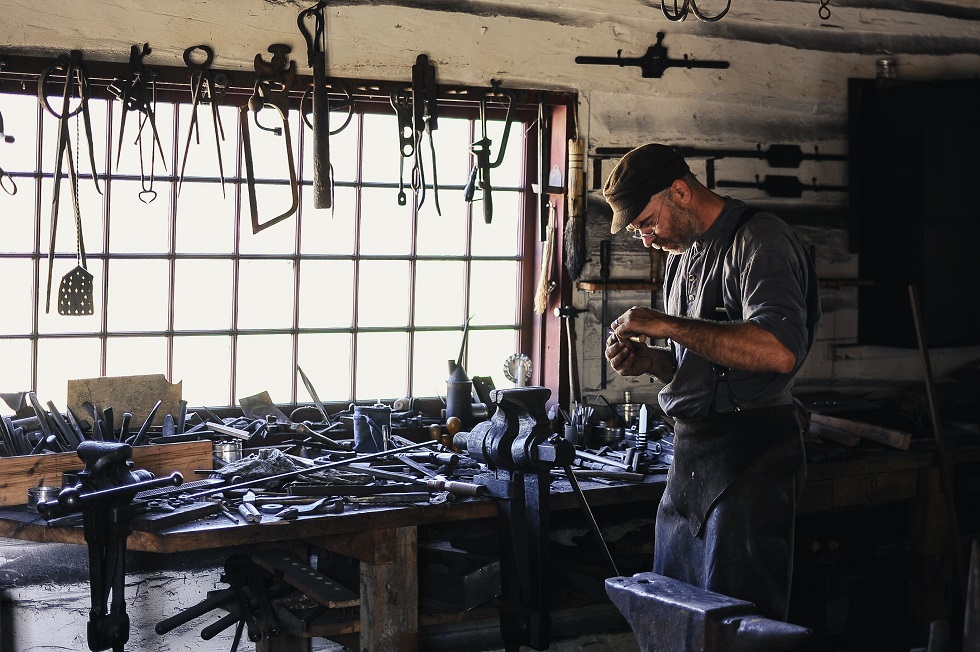Croatia is already feeling the consequences of Germany’s enormous need for majstori because it is increasingly expensive to find one in Croatia. And in Germany there is also a huge shortage for majstori in almost all professions.
Majstor (Croatian) – A repairman, craftsman, tradesman or artisan. Plural: Majstori
Good Affordable Majstori are Difficult to Find in Croatia
To install tiles, paint an apartment, or for a larger and more complex procedure such as installing a central heating system – finding the right majstor happened through word-of-mouth from friends and acquaintances who had good – or not so good – experiences. But a different kind of search has been going on for a long time. And it is well known that majstori operate on a different calendar than the Gregorian one.
There are still good majstori in Croatia, but they are available for a considerable price. And it is becoming more common that majstori who used to be available for work have simply vanished. They have left – to Germany or to another EU country, according to Anđelko Šubić/DW on December 27, 2019.
Eight Months and Counting for Majstor Return
I’ve had my own experience with majstori in Croatia. As of today, I’ve waited over eight months for a majstor to return and fix my running toilet. He said he’d be back in a week. In the meantime, I’ve used a clothespin to stop the water from running. This temporary solution is not only essential for conserving water but important because there is only one water meter for our entire eight-unit apartment building and the water bill is divided evenly among the number of (claimed) occupants.

The Author’s Croatian Toilet Tank
Of course, I would have fixed the toilet myself long ago, but my Croatian toilet tank is crammed with complex plastic gears, levers and springs. Here is a diagram of a typical toilet tank made in the USA for comparison.

A Typical Toilet Tank in the USA
Germany Needs Croatian Majstori Too
The president of the German Craftsmen’s Association Hans Peter Wollseifer claims that there is still a huge need for majstori in Germany too. And they are needed in almost all sectors: from construction, sanitary installations and assemblers to road construction workers and telecommunications technicians. There is also a shortage of butchers and specialists in the food sector too. He claims that workshops have to regularly turn down jobs because they do not have enough people, and this isn’t just impacting private jobs: the scale of this shortage could also jeopardize major economic ventures such as rebuilding German highways and bridges and establishing a better telecommunications network.

Josue Isai Ramos Figueroa | Unsplash
Detlef Scheele, the head of the German Employment Bureau, confirms that craft workshops can barely afford to fire anyone. Wollseifer claims that another 30,000 majstori will be able find work across the board and that the new Law on the Employment of Professional Workforce from Non-EU Countries, which will go into effect in early March, shows promise. “It is clear to us that there won’t be a third of all 30,000 majstori standing at our doorstep,” Wollseifer says. Maybe a few will come first, but he is convinced that more will arrive, maybe not 30, but closer to 50 thousand in the end. Nevertheless, there will be work for them over time.
Therefore, he advises German politicians, give majstori from abroad a full and friendly welcome. The industry ultimately depends on the infrastructure that the majstori need to build and renovate – and everyone will be in trouble if that doesn’t happen.
Germany No Longer Number One Majstor Destination
“We need to make Germany more attractive as a destination. Not only are the majstori coming, but their families are joining them as well. This is different than the “gastarbeiters” of the 1960s (who arrived in Germany alone and periodically returned home to their families abroad), and we have to consider this from the beginning,” Wollseifer points out.

Clark Young | Unsplash
But it is also a fact that Germany as a destination is only moderately interesting to majstori. According to research by the Organization for Economic Co-operation and Development, Germany ranks only twelfth among developed nations in terms of attractiveness. Yes, the hourly rates are not bad here, but taxes and levies are also high. It is also expensive to live in Germany, especially if you come with a family. And the country is still suffocating in administrative paperwork, which could be fatal for Germany. This is especially true for professionals from outside the EU, and the big question is whether their qualifications will be recognized in Germany or they will have to go back to school.
Several countries in the European Union are much less fixated on certificates and papers – provided that the work is done well. And it seems that in this regard, Croatia took the German path long ago – of course, but without the German salaries.
Majstori were the subject of a 2013 Croatian comedy directed by Dalibor Matanić:
https://www.youtube.com/watch?v= cOgOoC4H_Is
Follow our Business page for updates on the majstor shortage and other job market news in Croatia.








